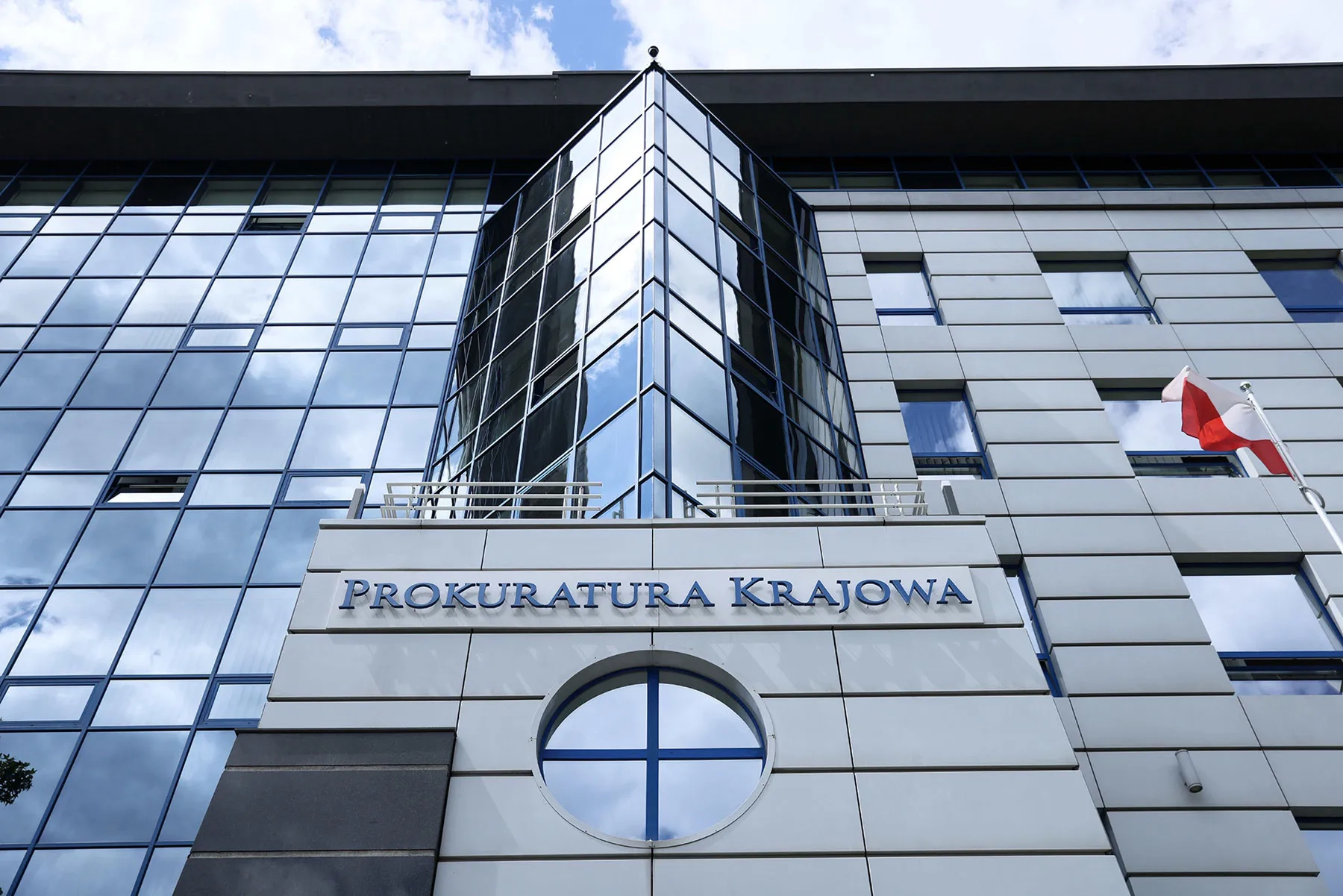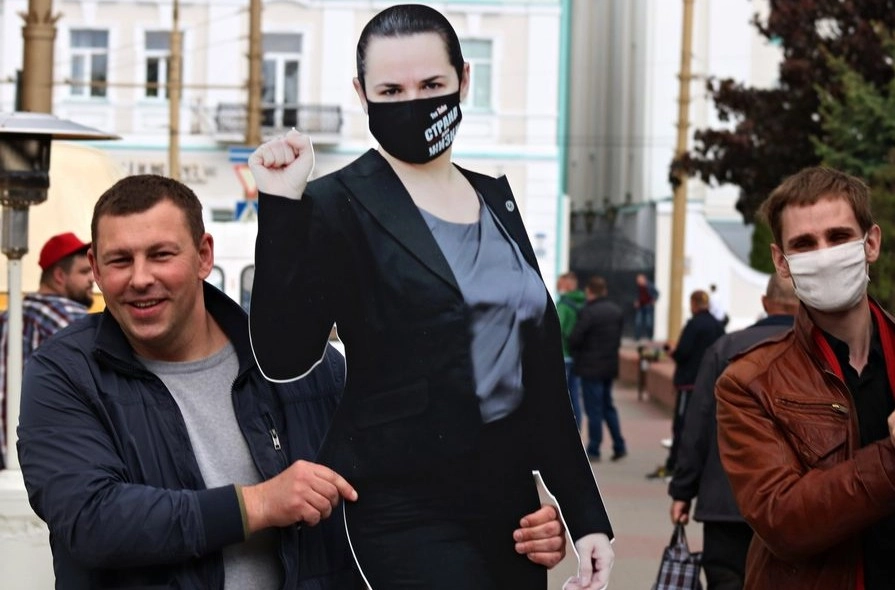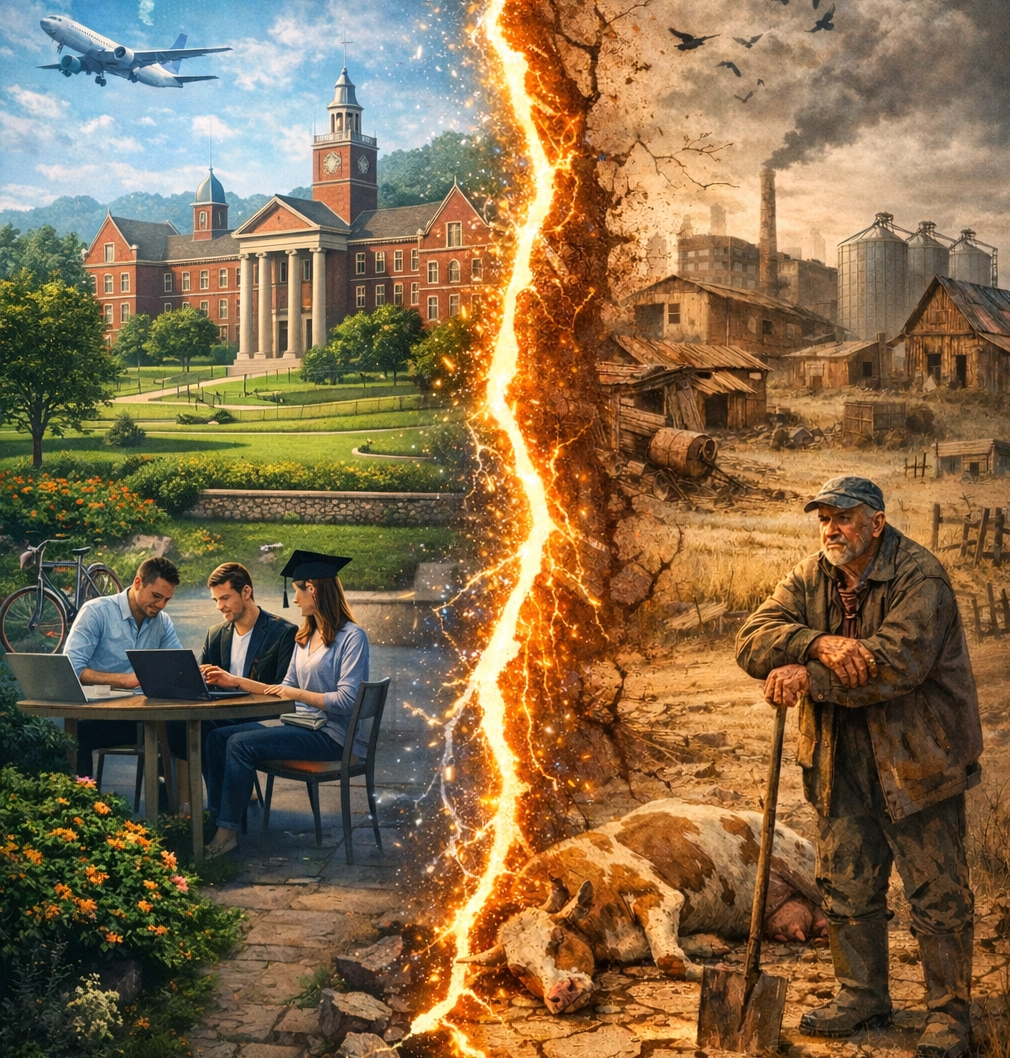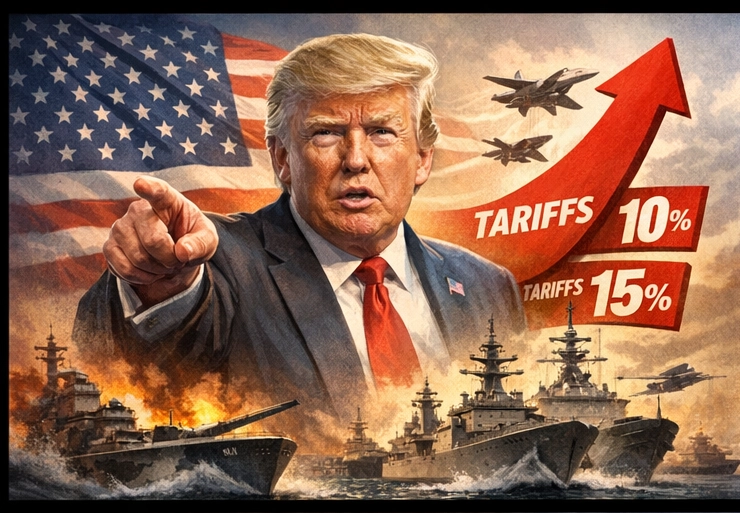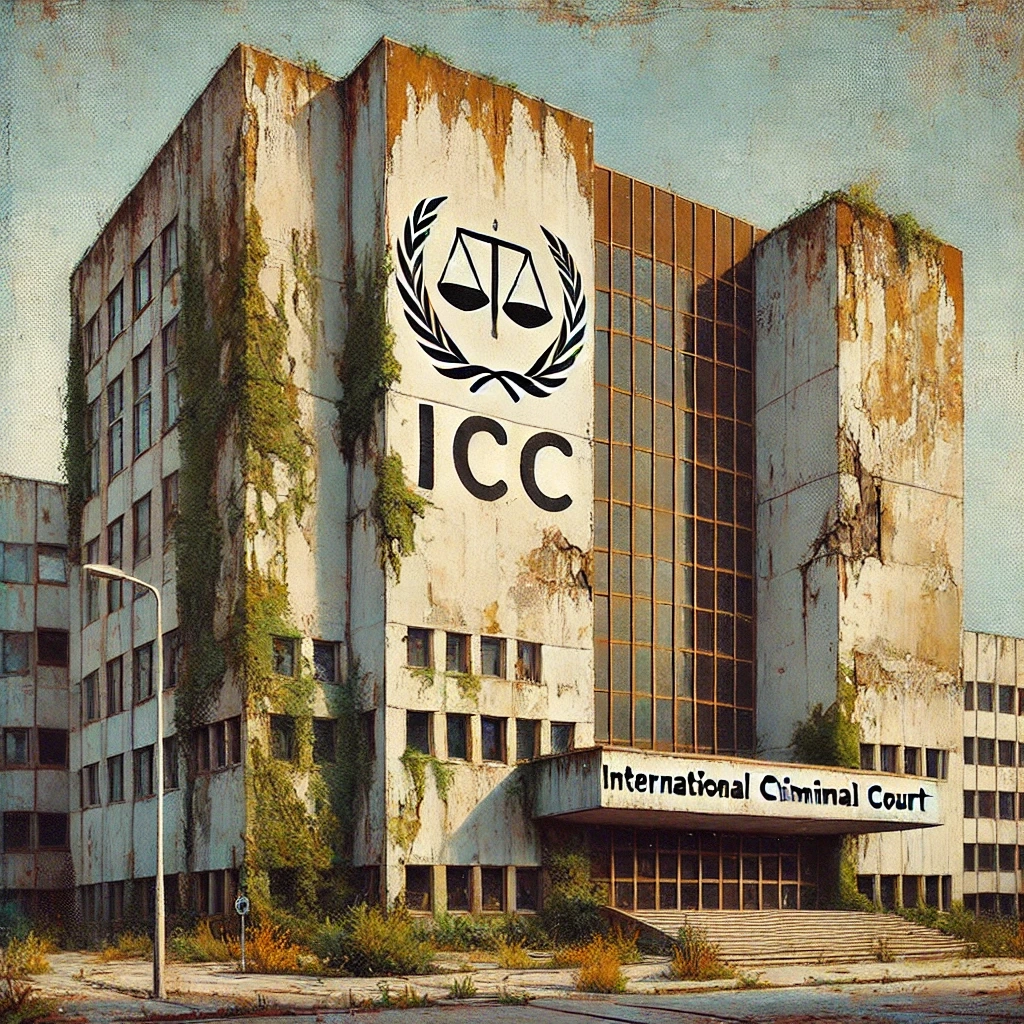📍The Emergence of Maria Kalesnikava
It was precisely at the moment when Sviatlana Tsikhanouskaya declared that if she had $900,000, neither she nor Siarhei Tsikhanouski would have fought for “some rights of the Belarusian people,” that another figure emerged in the public space — one who would go on to play a pivotal role in the events to come. That figure was Maria Kalesnikava, a representative of Viktar Babaryka’s campaign.
In her first video address, Kalesnikava did not speak to protesters or opposition supporters. Instead, she directed her message to those who typically remain silent — the Belarusian nomenklatura: government officials, security forces, and civil servants at all levels.
She expanded on an idea first publicly voiced by Babaryka himself: the notion of “learned helplessness” — a deeply ingrained psychological conditioning cultivated over decades in Belarusian society, particularly among its elites. A mindset designed to suppress independent thinking, discourage personal initiative, and erase the sense of individual responsibility.
It was the first direct appeal to the conscience of the system — to those who had long justified their passivity with institutional loyalty or fear of authority. Kalesnikava reminded them: fear is not the only force that can drive those in power. There are others — dignity, integrity, and a sense of duty to one’s country.
But to fully grasp the power of her words — words that, I must admit, left a deep impression on me and ultimately led me to call Maria with a proposal to join forces and continue the campaign, after both Viktar and I had been denied registration — one must pause.
And take a step back: to the moment when the campaign was still alive. When Viktar was still free.
Viktar Babaryka had become the voice of a cultural Belarus — a man of action, not just words. He worked to recover lost works of art and return them to the country, quietly reaffirming that culture is not a luxury, but a pillar of national dignity.
His political style rejected aggression, populism, and arrogance. He spoke calmly and respectfully — a striking contrast to the vulgarity and humiliation that had become the language of state propaganda.
He refused to speak their language — and in doing so, he offered the nation another one: a language of dignity, culture, and mutual respect.
It is no surprise that his campaign resonated deeply with Belarus’s artistic and intellectual communities.
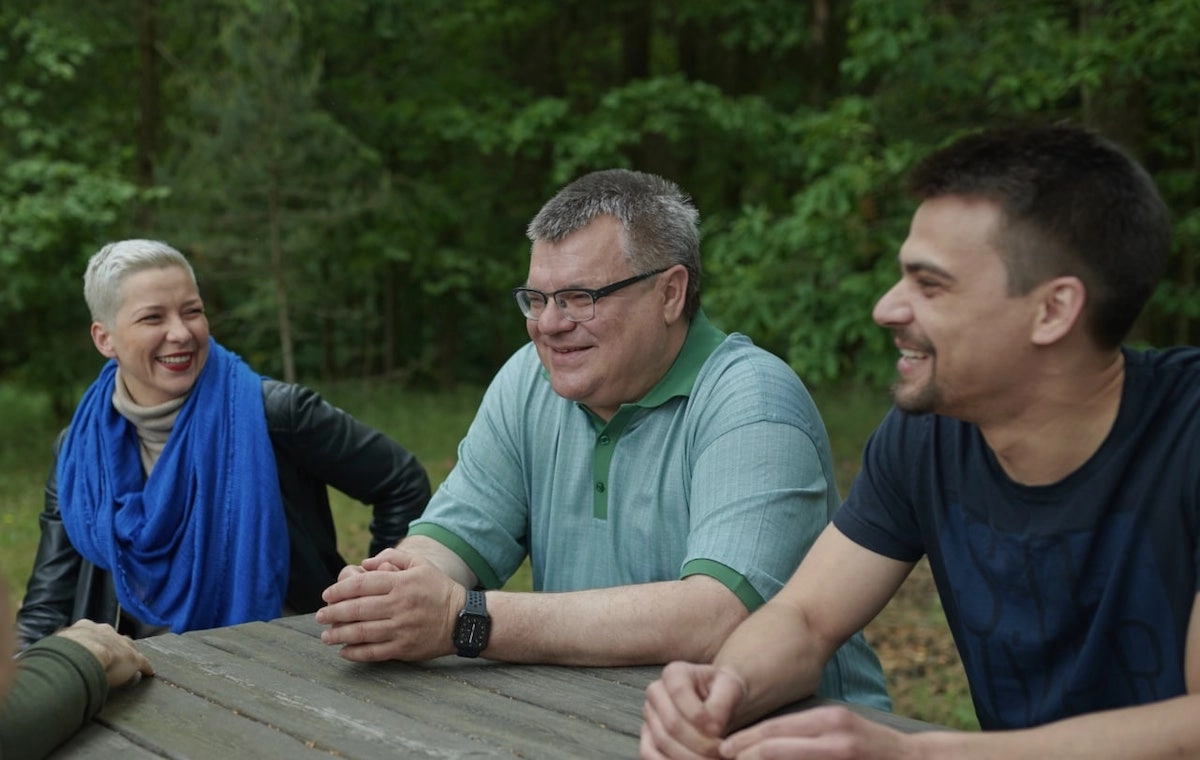
Among those drawn to Babaryka’s campaign was Maria Kalesnikava — a professional musician and flutist with international recognition and extensive experience on the concert stage. Her involvement in the campaign became a natural extension of the cultural direction set by Viktar himself.
Babaryka’s campaign was innovative not only in substance but in form. It relied on social media, crowdfunding, and an open digital infrastructure — much of it overseen by his son, Eduard. But Viktar himself quickly stepped beyond the virtual format. He began meeting people in person.
I wouldn’t say he followed in my footsteps — when I began traveling to the regions — or copied Siarhei Tsikhanouski, who had adopted a more radical tone from the very beginning.
Chronologically, it might have looked that way. But I’m convinced it was his own mature decision. Because in honest politics, there simply is no other path. If you truly want to lead a real campaign, if you want to feel the energy of ordinary people — you have to leave the office and step into life.
You have to face difficult questions. You can’t hide behind bodyguards or teleprompters. Engaging with Western diplomats and politicians is a genre of its own. It demands carefully worded statements, cautious assessments, ritual expressions of gratitude. For many within the Belarusian opposition, this format has long become not just a tool — but an end in itself, replacing any other form of political activity.
Meetings abroad are built around polite questions, soft tones, and expectations of reassurances about commitment to “shared values” — preferably supported by references to “successful reports.” This has created a system where dialogue takes place not along the lines of political responsibility, but along the lines of grant compatibility.
But the moment the conversation shifts to the real field — to living people inside Belarus — everything changes. Because genuine engagement with society requires no protocol. It requires risk, presence, and honest vulnerability.
The year 2020 illustrated this vividly. Eight opposition figures — with support from European grants — organized the so-called “nationwide primaries.” In reality, just around 70 people took part. And when the time came to actually run for office — none of them did.
Franak Viačorka, one of the organizers, later admitted why he chose not to run, expressing a common sentiment: “They might shoot…” In other words — he was simply afraid.
Instead, he chose to watch events unfold from abroad. And from that safe distance, resumed his familiar routine: together with his friend Andrei Strizhak and others — managing multi-million-dollar grants, speaking at conferences, giving interviews, discussing how to “develop civil society.”
But civil society wasn’t built at those conferences — it was built here, in Belarus. It was built by us. Without honoraria. Without protocols. Without grants. Without bodyguards. Through direct, personal engagement with ordinary people. At the risk of our freedom — and our lives.
Siarhei Tsikhanouski had that kind of experience. He launched his political campaign long before it was officially allowed — through direct “walks into the people.” That was the essence of what he did: real conversations with ordinary Belarusians — those whom American political language calls grassroots.
I too had experience communicating with people — but mostly from the IT sector: company heads, programmers, students, teachers, schoolchildren and their parents. I had been encouraging them to pursue careers in tech long before that path became obviously profitable. But I had never had open, large-scale dialogue with people on the ground.
That’s why, from the very first day after my registration, I made a conscious decision to head into the provinces — to small and mid-sized towns. To truly understand how the Belarusian heartland breathes. I began talking to people — listening to their pain, their frustration, and their hopes.
In that sense, Viktar had perhaps the hardest journey of us all. His previous experience — with the cultural elite, with business — was of a different nature. But he stepped into that new space with courage, understanding that without direct contact with people, real politics is impossible. Because true politics isn’t a sterile talk show, like those we see today — where every line is pre-approved in advance. It’s a living, open, often uncomfortable — but honest — conversation.
📸 The photographs I’m publishing are not just a chronicle taking us back. They are a reminder of where the current began — the one later picked up by the “women’s trio” — and that would grow into the largest popular movement in Europe since the Second World War.
But these images are also part of another story — of how an extraordinary moral and spiritual awakening was betrayed and discredited by those who placed their personal financial interests abroad above the interests of the Belarusian people.



Viktor Babarika, the start of a campaign



The Interrupted Flight of Viktar Babaryka


Campaign in the regions
He has temporarily stepped away from the political stage — but he has not disappeared from our memory.
Because he was one of the first to courageously, at the risk of his freedom and his life, openly challenge a brutal and inhuman regime.
His name must be preserved as a living embodiment of dignity — the very dignity that has been pushed out of Belarusian politics and replaced by the clinking of gold coins and empty speeches read from teleprompters.
His story is not over — it is merely interrupted. His voice is silenced not only by the regime, but also by those who have proven incapable of action. By those who comment on events from afar, shielded by safety, security, and status. By those who lacked the courage to issue a direct challenge — and instead were content to howl from the shadows, simulating struggle without ever taking a risk.
But Belarus will awaken. And when the country once again needs not kilometers of empty rhetoric, but honest, strong people with inner resolve — it will call him.
Because people like Viktar Babaryka are not only needed in moments of hope. They are needed in times of national rebirth.
To be continued.
